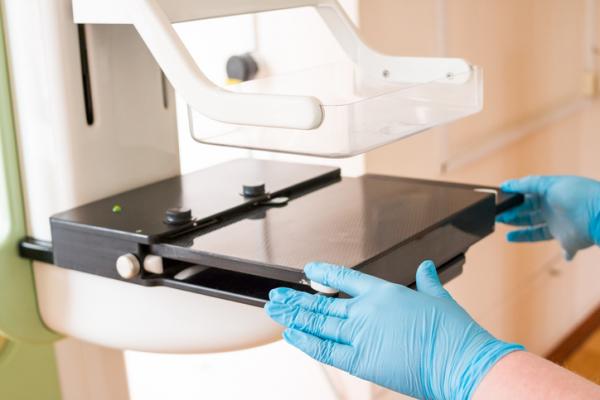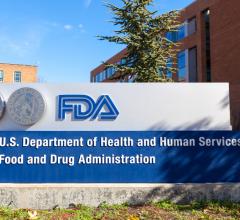
Getty Images
April 1, 2021 — While the COVID-19 crisis is challenging, the pandemic is also giving researchers an opportunity to discover new approaches to saving lives. A study published in the JAMA Network Open on Thursday, March 25, 2021, recommends a new way for triaging mammogram patients during times of limited capacity, such as pandemic surges, when individuals may also experience anxiety about COVID-19.
The unique study was led by Diana L. Miglioretti, professor and division chief of biostatistics at the UC Davis Department of Public Health Sciences and affiliate investigator with Kaiser Permanente Washington Health Research.
In one of the largest studies of its kind, the researchers looked at nearly 900,000 individuals and close to 2 million mammograms between 2014-2019 at more than 90 radiology facilities in the national Breast Cancer Surveillance Consortium. They found that a risk-based algorithm, based on clinical indication, breast symptoms, breast cancer history and age, successfully maximized cancer detection.
Key findings help spot high-risk individuals
Results showed that 12% of mammograms with "very high" and "high" cancer detection rates accounted for 55% of detected cancers, while 44% of mammograms with "very low" cancer detection rates accounted for 13% of detected cancers.
"What this means is that triaging individuals most likely to have cancer during periods of reduced capacity may be effective at detecting the most cancers with the fewest mammograms versus using a non-risk-based approach," said Miglioretti.
Triage tactics could help clinics cope during other times of crisis
COVID-19 has profoundly impacted the U.S. health care system, including breast cancer screening, surveillance, and diagnostic services. To rapidly respond to local stay-at-home orders during the initial phase of the pandemic, radiology facilities cancelled or reduced nonurgent services, including breast cancer screenings. The precipitous drop in screening and diagnostic imaging likely reduced the number of breast cancers diagnosed.
"Whether it is due to unexpected new surges in COVID-19 cases prompting new lockdowns or other emergencies such as cyberattacks or natural disasters like wildfires, the study results provide important guidance for navigating through any crisis that could impact the availability of mammograms," said Miglioretti.
In the interim, the ongoing COVID-19 pandemic means people should stay vigilant about their health and avoid skipping screenings.
"It is very important that individuals consult their clinician if they have any concerning breast symptoms such as a new or changing lump and schedule their screening mammogram if they are overdue," said senior author Christoph Lee, professor of radiology at the University of Washington School of Medicine and an affiliate investigator with Kaiser Permanente Washington Health Research. "Clinicians and other healthcare staff are now vaccinated, and medical offices are taking all precautions to keep patients safe from COVID."
Due to potential temporary inflammation of lymph nodes, mammography screenings should be done at least 30 days after a COVID-19 vaccination. However, women with new breast symptoms should contact their physicians and receive diagnostic mammography, if warranted.
For more information: health.ucdavis.edu


 February 06, 2026
February 06, 2026 









